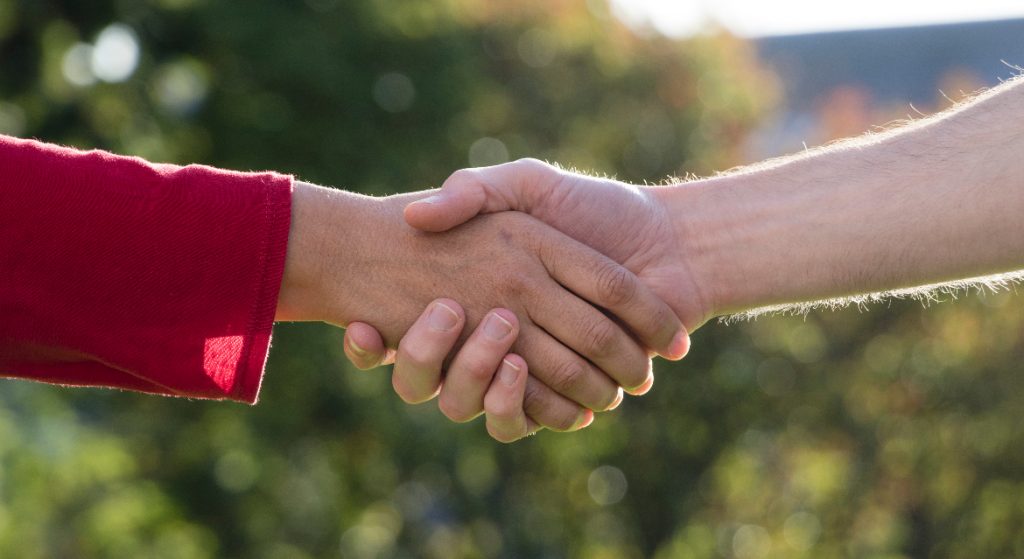
To listen to this reflection as a podcast, click here.
In 1789, the newly formed U.S. Senate wrestled with a difficult question for almost a month.
How should American citizens address their new president?
The nation was only a few years old, born of an armed revolution against the tyranny of English monarchs. Surely, therefore, we wouldn’t want to perpetuate the lofty titles normally associated with kings and queens. Senator Ralph Izard of South Carolina suggested “His Excellency.” The political rivals of the portly John Adams quietly suggested he might be identified as “His Rotundity.” George Washington initially preferred being called “His High Mightiness.”
Uh, no.
A Senate committee formally proposed “His Highness the President of the United States of America and Protector of the Rights of Same.” This is what happens when you assign a project to a committee.
Ultimately both houses of Congress settled on that most ordinary and humble of titles: “Mr. President.” This was going to be a different kind of country.
Then there was the matter of how to greet the president. When receiving guests at formal events Washington bowed stiffly, expecting a bow in return. Adams, his successor, did the same. But Thomas Jefferson, America’s third president, fundamentally transformed social etiquette. In July 1801 he greeted White House guests by shaking hands with them.
This was something entirely new, from at least two perspectives.
First, Jefferson was offering his hand to people of lower classes, essentially elevating them to the same level as the most important person in the nation. Incredible. And he was denying special treatment to ambassadors and emissaries from other countries who had come to expect deferential treatment. Scandalous.
For the past 200 years, the handshake has represented the great equalizer. The high and the low come together in the egalitarian squeezing of two hands.
Handshakes have helped bridge the gap between men and women, young and old, communists and capitalists, and every ethnicity and religion imaginable.
What are we saying when we choose to shake hands?
A handshake is an expression of welcome: I’m glad to share this space with you. It’s also an expression of trust: Here’s proof that I don’t have a weapon in my hand. I’m not here to hurt you. It is an expression of hope: Just as my hand is open to you, you may soon discover that my heart and my mind can be open as well.
No other gesture has so powerfully symbolized the kind of culture we aspire to be: a place where the meek can stand on the same level as the mighty, and where people of integrity can demonstrate their true intentions without lawyers and official forms.
We’ve shaken on it; therefore you have my word.
Fist bumps just don’t deliver the same magic.
As we wrap up three years of dealing with a virus that has caused us to keep our distance from others; as we put yet another tumultuous election cycle behind us; and as we look ahead to joining family and friends during the most festive time of the year, may God help us find the grace to extend our hands to each other.
Just as God is always extending his hands to us.
